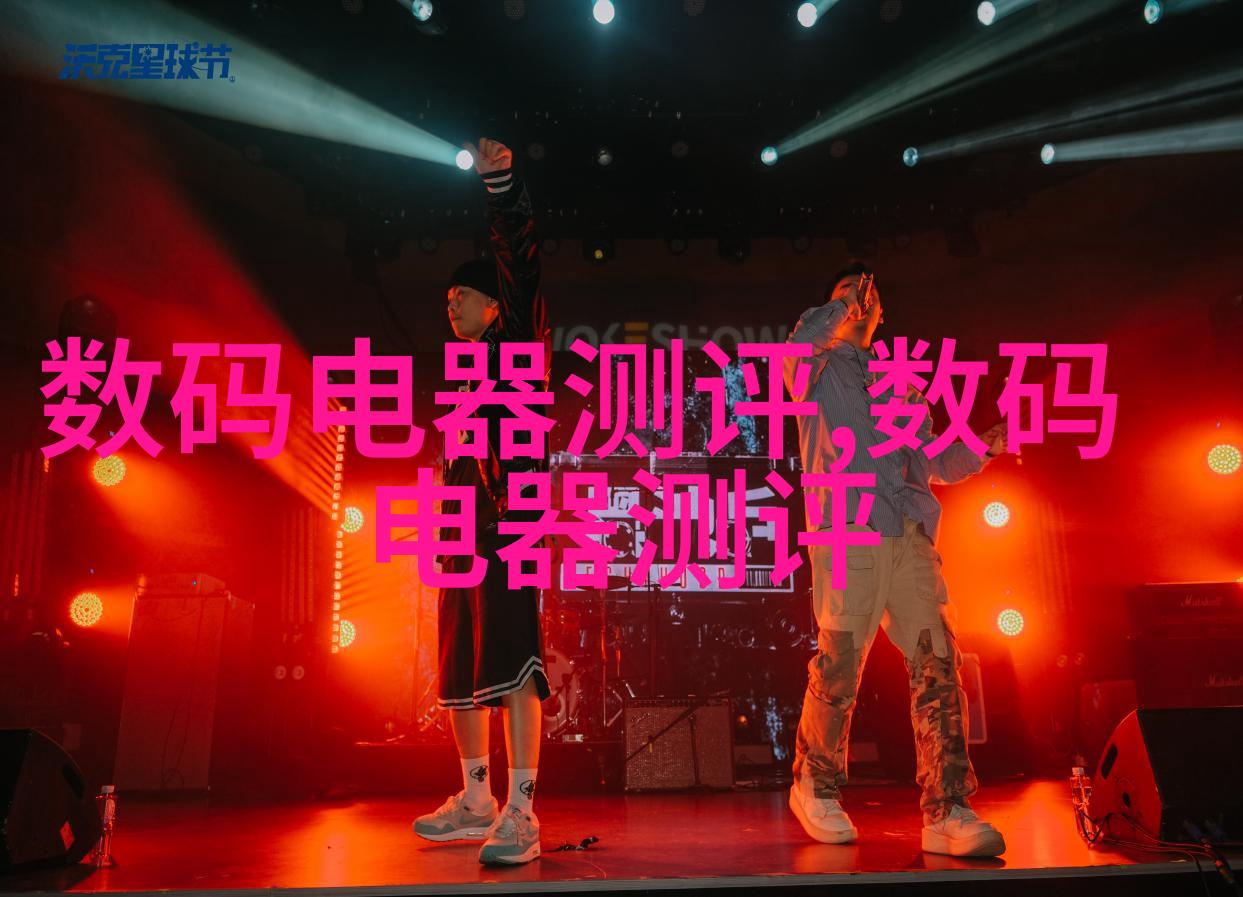什么因素会影响工业废气净化器的效率和寿命
在现代工业生产中,工业废气净化器扮演着至关重要的角色,它们能够有效地降低空气中的污染物含量,从而保护环境、保障员工健康。然而,工业废气净化器的性能并非固定不变,其效率和寿命受到多种因素的影响。本文将从以下几个方面详细分析这些影响因素,以期为设计、安装和维护工业废气净化系统提供参考。

首先,我们需要了解Industrial air pollution control equipment(工业空气污染控制设备)及其工作原理。在大型工厂或化学加工厂中,各种生产过程往往伴随着大量有害废弃物排放到大气中,如氟利昂、二氧化硫、碳氢烃等。为了减少对环境造成的破坏,企业必须采用一系列技术措施来处理这些有毒废弃物,其中最常见的是使用Industrial waste gas treatment devices(工业废弃气体处理设备)。
其次,要讨论Industrial waste gas treatment devices(设备),我们首先要明确它们是如何工作的。通常情况下,这些设备通过物理吸附、催化还原、生物处理或化学反应等方法来去除或转换空氣中的污染物。但是,这些方法本身也存在局限性,比如某些高浓度污染物可能需要特定的技术手段才能有效去除。而且,不同类型和规模的企业可能面临不同的挑战,因此选择合适的 Industrial waste gas treatment systems(系统)变得尤为重要。

接下来,我们探讨了几个关键因素,它们直接影响Industrial air pollution control equipment performance and lifespan:
Maintenance:Regular maintenance is crucial to the proper functioning of industrial waste gas treatment devices. Neglecting routine checks, cleaning, and replacement of worn-out parts can significantly reduce the efficiency and lifespan of these units.

Design specifications:The design specifications of a particular Industrial air pollution control system play a significant role in determining its effectiveness. Factors such as flow rate capacity, pollutant concentration levels, temperature range, etc., must be carefully considered during the selection process to ensure optimal performance.
Operating conditions:Environmental factors like temperature fluctuations, humidity levels, wind direction and speed can impact the efficiency of industrial waste gas treatment systems. For instance, extreme temperatures may affect catalyst activity or membrane stability in certain technologies.

Operator expertise:Skilled operators are essential for ensuring that industrial air pollution control equipment operates within its intended parameters throughout its lifecycle. Inadequate operator training or lack of experience may lead to reduced system efficiency or even premature failure.
Technological advancements**:Advances in technology have led to improved designs and materials for Industrial air pollution control equipment over time which has resulted in increased efficiencies and longer lifespans for these systems compared with older models.

Economic constraints:Budget limitations can force companies to opt for less expensive but potentially less effective solutions that might require more frequent replacements or repairs down the line—ultimately affecting overall costs over time
7.Legal requirements: Compliance with environmental regulations also plays an important role as it influences both the type of technology used (e.g., physical absorption vs chemical scrubbing)and how frequently maintenance is performed
最后,在总结时,我们可以看出尽管Industrial Air Pollution Control Equipment performs a vital function in reducing harmful emissions from industrial processes yet their operation depends on numerous interrelated factors including Maintenance Design Specifications Operating Conditions Operator Expertise Technological Advancements Economic Constraints Legal Requirements These factors should be carefully managed by industry professionals so that they maximize benefits while minimizing negative impacts on our environment



